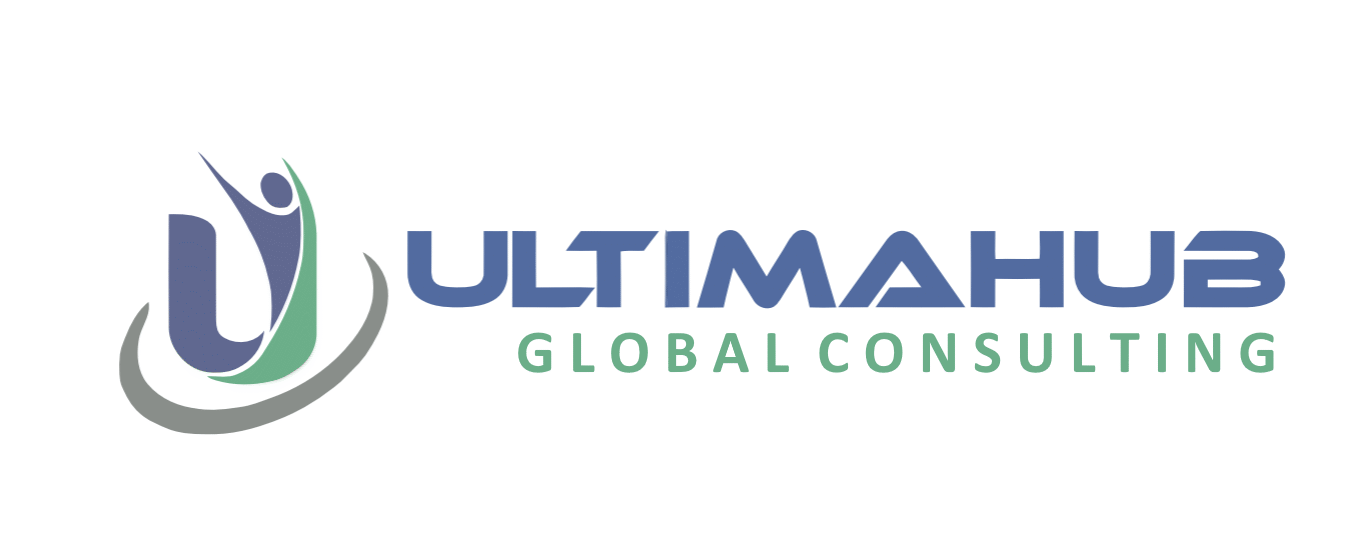In today’s rapidly evolving business environment, employee engagement has emerged as a decisive factor in organizational performance. While many strategies are used to foster engagement, mentorship programs stand out as one of the most effective and sustainable methods. This article explores the return on investment (ROI) of mentorship and how it can unlock hidden potential across your workforce.
Evaluating Mentorship’s Impact on Employee Engagement ROI
The ROI of mentorship programs is multifaceted, encompassing both tangible and intangible benefits that contribute to overall employee engagement. Research shows that engaged employees are 87% less likely to leave their employer, translating into significant cost savings related to turnover and recruitment. Mentorship initiatives can enhance job satisfaction and loyalty by providing employees with guidance, support, and a sense of belonging within the organization. This heightened engagement often results in improved productivity, as employees who feel valued are more likely to put in extra effort.
Furthermore, mentorship facilitates knowledge transfer and skills development, which are crucial for maintaining a competitive edge in today’s fast-paced market. By helping employees navigate their career paths, mentors not only prepare them for future roles but also instill a sense of purpose and direction.
Organizations that invest in mentorship programs often see a measurable increase in employee performance metrics, such as sales numbers and project completion rates, contributing to a stronger bottom line.

However, to truly evaluate the ROI of mentorship, organizations must establish clear metrics and feedback mechanisms. Surveys, performance reviews, and retention statistics can offer insights into the effectiveness of mentorship programs. By analyzing these data points, companies can determine whether their investment in mentorship translates into real-world benefits, ultimately guiding future initiatives and resource allocation.
The Strategic Value of Mentorship
Mentorship is far more than a developmental tool for new hires—it’s a long-term engagement strategy. When implemented effectively, mentorship fosters cross-generational learning, strengthens leadership pipelines, and builds a culture of inclusion and trust.
Key ROI Outcomes:
| Area of Impact | Benefit Realized |
|---|---|
| Employee Retention | 25% higher retention rates in organizations with mentoring programs (Forbes, 2023) |
| Productivity | Mentored employees are 35% more likely to meet performance goals |
| Talent Development | Accelerated leadership readiness and internal promotions |
| Cultural Engagement | Stronger interpersonal trust and workplace satisfaction |
The Transformative Benefits of Mentorship in the Workplace
Mentorship goes beyond mere guidance; it serves as a catalyst for personal and professional transformation. A strong mentorship relationship can empower employees to tap into their true potential, fostering a sense of confidence and self-efficacy. This transformation is particularly beneficial for employees in underrepresented groups, who may face additional barriers to professional advancement. By providing tailored support and encouragement, mentorship programs can help bridge these gaps, promoting diversity and inclusion in the workplace.
Moreover, mentorship enhances interpersonal relationships within organizations. The connection between mentor and mentee often leads to the creation of a supportive network that extends beyond individual roles. This collaborative atmosphere fosters innovation and creativity, as employees feel more comfortable sharing ideas and seeking feedback. Such a culture of open communication not only boosts employee morale but also encourages a shared sense of ownership over the organization’s success.
Lastly, the long-term benefits of mentorship extend to leadership development. When seasoned professionals take on mentorship roles, they enhance their own leadership skills, such as empathy, communication, and strategic thinking. These capabilities are essential for nurturing future leaders and creating a robust organizational hierarchy. Ultimately, a mentorship program that prioritizes knowledge sharing and skill development cultivates a legacy of high-performing employees who are well-equipped to tackle future challenges.

Conclusion
Mentorship is no longer just a “nice-to-have”—it’s a strategic imperative. When aligned with organizational values and implemented thoughtfully, mentorship fosters loyalty, innovation, and performance. The ROI is not just financial—it’s cultural and transformative.
To explore customized mentorship solutions tailored to your industry and workforce profile, feel free to connect with our consulting team at Ultimahub. Together, we can unlock your organization’s full potential.



